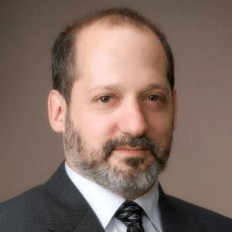Tuesday, September 10, 2019 | 11:00 a.m. to Noon MT
Ethical and Efficient Infrastructure Resilience: The Battle for Better Building Codes
Webinar Description:
This webinar will explore the social challenges to implementing codes that support a resilient building stock. A public survey by University of Colorado Boulder researchers found that the public is willing to pay for more-resilient buildings, yet several social forces beyond cost pose obstacles to enhancing building-code performance objectives. Many builders, for instance, oppose any code changes that increase construction cost. Engineers might sometimes favor private interests over code changes, which can hinder consensus and support. For legislators, the future benefits of code changes aren’t immediate enough to be politically expedient. In short, even while the technical case for creating resilient building stock is strong, there are factors that must be overcome to implement it. This webinar will use several recent scholarly studies to examine the ethics and economics behind those factors and how we can address challenges head on.
Speaker:
Keith Porter
Research Professor, Civil, Environmental, and Architectural Engineering, University of Colorado Boulder
Natural Hazards Center Overview Slides
Webinar Slides
Webinar Questions
Resources:
Natural Hazard Mitigation Saves Study
Natural Hazard Mitigation Saves Reports and Supporting Documents

Keith Porter is a research professor at the University of Colorado Boulder and principal of the risk consulting company SPA Risk, LLC. He has 30 years of professional and research experience in natural-hazard risk management and structural design. He leads the Natural Hazard Mitigation Saves benefit-cost analyses of code adoption, above-code design, retrofit of private-sector and public-sector buildings, and retrofit of lifelines. He led much of the engineering research for the U.S. Geological Survey’s ShakeOut, ARkStorm, Tsunami, and HayWired disaster planning scenarios. Porter is a licensed California professional engineer, with civil and structural engineering degrees from University of California, Davis, University of California, Berkeley, and Stanford University.